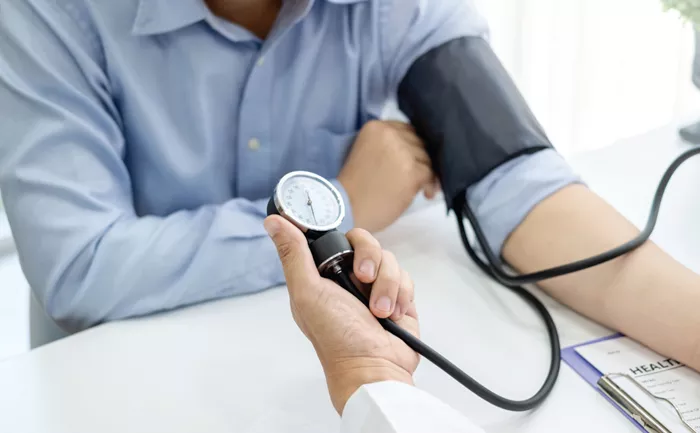Turning 30 is more than just a milestone — it marks a crucial time for men to focus on their health. The body changes in many ways during this decade. Metabolism slows down, stress levels rise, and risks for certain diseases increase.
To stay ahead, men need to make smarter lifestyle choices and schedule regular health check-ups. Early screenings can detect health problems before they become serious.
Dr. Waheed Zaman, Senior Director of Urology and Renal Transplantation at Max Super Speciality Hospital in Delhi, highlights key tests every man should consider after turning 30.
1. Blood Pressure Screening
Why it matters: High blood pressure often has no symptoms but can cause heart disease, kidney damage, or stroke if ignored.
When to test: At least every 1 to 2 years. More frequent checks may be needed if readings are borderline or high.
2. Blood Sugar Testing (Fasting Glucose or HbA1c)
Why it matters: This test helps find early signs of pre-diabetes or type 2 diabetes. Managing blood sugar early prevents nerve, kidney, and eye damage.
When to test: Every 3 years for most men. Those overweight or with a family history of diabetes should test yearly.
3. Cholesterol Testing (Lipid Profile)
Why it matters: High cholesterol can clog arteries and lead to heart attacks or strokes. The test measures “bad” LDL cholesterol, “good” HDL cholesterol, triglycerides, and total cholesterol.
When to test: Every 4 to 6 years starting at age 30. Test sooner and more often if you have risk factors like obesity, smoking, or family history.
4. Kidney and Liver Function Tests
Why it matters: Chronic kidney disease often shows no symptoms until late stages. Liver tests detect damage from alcohol, fatty liver, or infections.
When to test: Annually, especially if you have diabetes, high blood pressure, take certain medications, drink alcohol regularly, or have unexplained weight loss or recent viral infections.
Key tests: Serum creatinine, BUN, eGFR (kidney); SGOT, SGPT, Bilirubin (liver).
5. Eye Exams
Why it matters: Eye exams can reveal early signs of diabetes, hypertension, and glaucoma besides vision problems.
When to test: Every 2 to 4 years if healthy without vision issues. More often if you wear glasses or have eye conditions.
6. Cancer Screening for Testicular and Skin Cancers
Why it matters: Testicular cancer mainly affects men between 15 and 40 years. Early detection greatly improves survival. Men are also at higher risk of melanoma, a dangerous skin cancer.
When to test: Yearly exams are recommended. Those with fair skin, family history, or high UV exposure should screen more often. Perform monthly self-checks for new or changing moles or lumps.
Action: If you notice lumps, swelling, or pain in the testicles, see a doctor immediately.
Taking control of your health after 30 is a smart choice, not a sign of illness. Many diseases can be prevented or treated effectively if caught early. Regular check-ups and screenings empower men to live healthier, longer lives.


